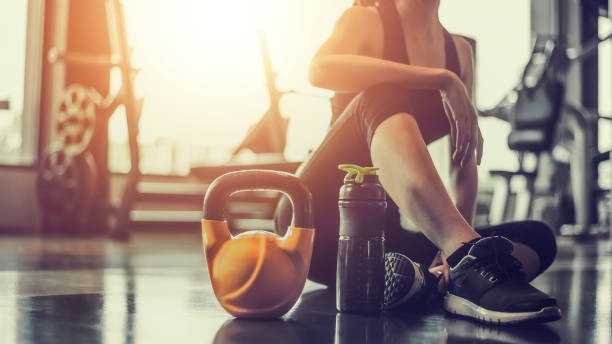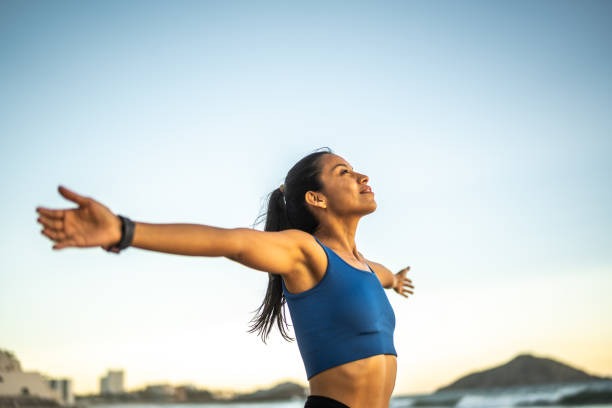Flexibility is an often overlooked component of physical health. While many people focus on strength and cardiovascular fitness, flexibility plays a crucial role in overall well-being and longevity. Flexibility refers to the ability of our joints and muscles to move through their full range of motion without pain or stiffness. It’s not just about being able to touch your toes or do a backbend; it encompasses all movements that require our bodies to bend, twist, stretch, or reach.
Scientific studies have shown a clear link between flexibility and longevity. One such study conducted by Brazilian researchers found that individuals with good flexibility tend to live longer than those who are less flexible. The reason behind this correlation lies in the numerous health benefits associated with being flexible.
Firstly, flexibility promotes better posture by allowing us to maintain proper alignment in our bodies. Good posture reduces strain on muscles and joints, preventing injuries and degenerative diseases like osteoarthritis. This contributes significantly towards increasing one’s lifespan.
Secondly, flexibility aids in blood circulation. When we stretch our muscles, it helps increase blood flow throughout our body which carries oxygen and nutrients essential for cell growth and repair. Improved circulation can reduce the risk of heart disease – delta 9 gummies a leading cause of death worldwide.
Thirdly, having good flexibility improves balance and coordination which becomes increasingly important as we age. Falls are one of the most common causes of serious injuries among older adults but maintaining good flexibility can help prevent these accidents from happening.
Additionally, flexibility also has mental health benefits that contribute towards longevity indirectly. Engaging in regular stretching activities like yoga or pilates encourages mindfulness – focusing on your breathing while moving slowly through different poses helps relieve stress levels which is beneficial for mental well-being.
However, like any other aspect of fitness, improving flexibility takes time and effort but fortunately there are various ways you can work on it regardless your age or fitness level; from yoga classes at your local gym to simple stretches you can do at home. It’s important to remember that stretching should never be painful; it’s about gentle, sustained stretches that help improve your flexibility over time.
In conclusion, the link between flexibility and longevity is undeniable. By promoting better posture, improving circulation, enhancing balance and coordination, and reducing stress levels, flexibility contributes greatly towards a longer and healthier life. Therefore, incorporating regular stretching exercises into our daily routine could be one of the most beneficial things we can do for our health in both the short term and long run.




